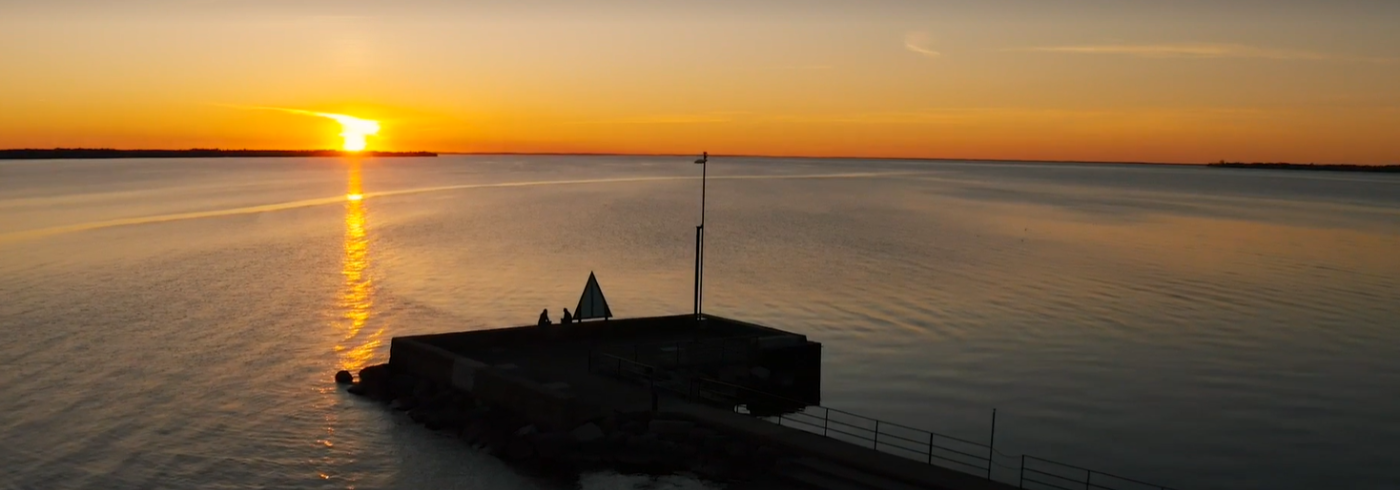
Land Acknowledgements
Indigenous Land Acknowledgement
The Region of Durham exists on lands that the Michi Saagiig Anishinaabeg inhabited for thousands of years prior to European colonization. These lands are the traditional and treaty territories of the Nations covered under the Williams Treaties, including the Mississaugas of Scugog Island First Nation, Alderville First Nation, Hiawatha First Nation, Curve Lake First Nation, and the Chippewa Nations of Georgina Island, Beausoleil and Rama.We honour, recognize, and respect Indigenous Peoples as rights holders and stewards of the lands and waters on which we have the privilege to live. In our efforts towards reconciliation, we continue to build and strengthen relationships with First Nations, as well as the large Métis communities and growing Inuit communities here in Durham. We commit to learning from Indigenous values and knowledge, building opportunities for collaboration, and recognizing that we are all connected.
What is a Land Acknowledgement?
A territorial or land acknowledgement is an act of reconciliation that involves making a statement recognizing the traditional territory of the Indigenous Peoples who called the land home since time immemorial, before the arrival of settlers.
A land acknowledgement reminds us that we are accountable to respectful relationships with Indigenous communities and that accountability involves all of us listening, learning, and reflecting on the historic and ongoing injustices in these communities. It is a reminder about our responsibility to work towards repairing harm caused as a result of colonization.
Many years ago, when communities would get together, visitors would acknowledge the inhabitants or keepers of the land to demonstrate respect. When acknowledging the land that we reside, work, and play on, it means you are recognizing you are on unceded territory and showing respect to Indigenous Peoples as the rightful inhabitants of the land and waters.
How do we create a Land Acknowledgement?
As guests on this land, it is important that we acknowledge the distinct impact of colonialism that prevents the people, animals and plants, who are Indigenous to this territory, from being here. It is imperative for us to take the time to learn and understand the stories of the true knowledge keepers of the land that we currently call home.
In developing your statement, ensure you know the correct name of the Indigenous Peoples stewarding the land and can pronounce the names properly. Use past, present and future tense to show that you are aware that Indigenous Peoples are still here and continue to be stewards of this land. Although the statement is a significant acknowledgement, it should not be sorrowful or apologetic but instead evoke a sense of empowerment with Indigenous Peoples.
Acknowledging Traditional Territory
- Territory Acknowledgement Guide and Interactive Map
- A Guide to Acknowledging Traditional Territory (Ontario Tech University)
- How to do a Land Acknowledgement (Trent University)
- The Town of Ajax Land Acknowledgement
- Township of Scugog Land Acknowledgement
- Municipality of Clarington Land Acknowledgement
- Native Land Digital
Durham Region is committed to advancing truth and reconciliation, and working towards building renewed relationships to address past harms. Learn more: Indigenous Support and Resources.
Contact Us




